How To Write a Strong Cover Letter Salutation This Year
How you address the hiring manager in your cover letter can make a difference to your chances of success. Here’s how to put together an effective cover letter salutation.
How you address the hiring manager in your cover letter can make a difference to your chances of success. Here’s how to put together an effective cover letter salutation.
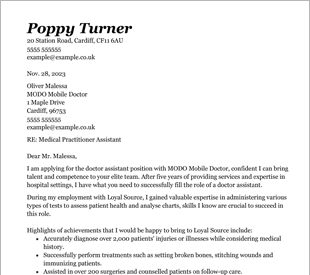
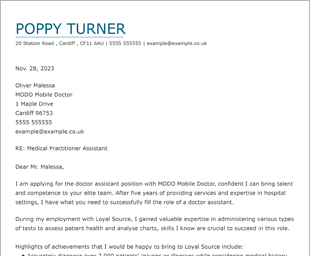
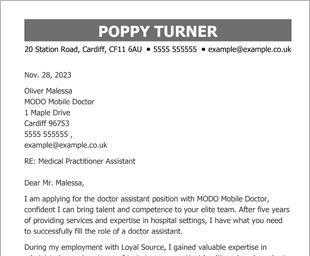
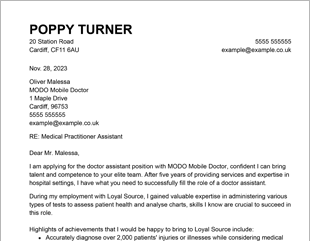
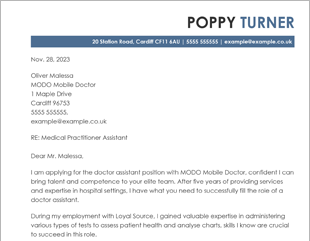
OUR USERS HAVE BEEN HIRED BY
A good cover letter makes all the difference to a job application, and while the salutation is one of the smallest parts of it, it’s also one of the most important. Your salutation sets the tone for the whole cover letter and can impact how the hiring manager views your application as a whole. This article will help you come up with the right cover letter salutation for every occasion.
If you cannot find the recruiter’s name on the company website or there is no one specific contact person, there are some generic salutations you can use. These cover letter greetings are not ideal, but they are professional and formal which means they will be acceptable:
Although these greetings are all acceptable, you should do your best to make your cover letter greetings as specific as possible. Even using a gender-specific greeting like “Dear Sir” when you cannot find the person’s name can be better than a very general greeting.
There are some situations in which you will need to use a non-ideal cover letter salutation. If you cannot find the name or professional title of the right person when writing your professional cover letter, you can still impress a potential employer. The most important thing is that you avoid these fatal mistakes that will prevent you from getting a job interview:
As previously stated, it can be acceptable to be slightly more casual in tone for certain job applications, but you should never be entirely informal. Look at the job description and the wording of the job posting to get an idea of what language a potential employer might prefer. If you have any doubt, opt for being more strictly formal, as this can never go wrong.
Even if you know the hiring manager or recruiter somehow or you have met them at industry events in the past, you should not be overly familiar with them. First and foremost, it may be company policy that someone who knows you is not allowed to assess your application, so addressing them directly would therefore be superfluous. Secondly, even if they do assess your application, they are at work and therefore deserving of the same professional treatment as any other recruiter. If you do not know the hiring manager at all, you should refrain from familiarity.
As stated, the best cover letter greeting is one that is personal, but one of the worst salutations is one that addresses the wrong person. If you are in any doubt regarding the recruiter’s name, you should opt for a generic but professional option.
The absolute worst thing you could do would be to fail to include a salutation of any kind. Even the most generic greeting like “To Whom It May Concern” is better than nothing and can be mitigated by well-written paragraphs and a good cover letter closing. These cover letter tips will help you create the right greeting, but you should also think about what you intend to say in the body of your letter. There are basic writing guidelines that can help you write a persuasive cover letter, but you should also consider using a cover letter template to help with formatting. Remember that your cover letter closing is as important as the greeting. You’re also formal and professional, and you should sign your full name.
No, you should never start a cover letter with “Hi,” as this is unprofessional and overly familiar. Instead, you should opt for “Dear Mr” or “Dear Mrs/Ms” and use the hiring manager’s name. If you cannot find their name at all you can use a generic salutation, but it should still be formal and professional.
The cover letter salutation is how to greet the recruiter while the introduction is a short paragraph that follows the salutation, introducing you as a job seeker.
You should end your cover letter the same way you start it: professionally and formally. If you know the name of the hiring manager, you can use “Yours sincerely” or “warm regards.” If you don’t know their name, “Yours faithfully” is proper. Sign off using your full name.
We personalize your experience.
We use cookies in our website to ensure we give you the best experience, get to know our users and deliver better marketing. For this purpose, we may share the information collected with third parties. By clicking “Allow cookies” you give us your consent to use all cookies. If you prefer to manage your cookies click on the “Manage cookies” link below.